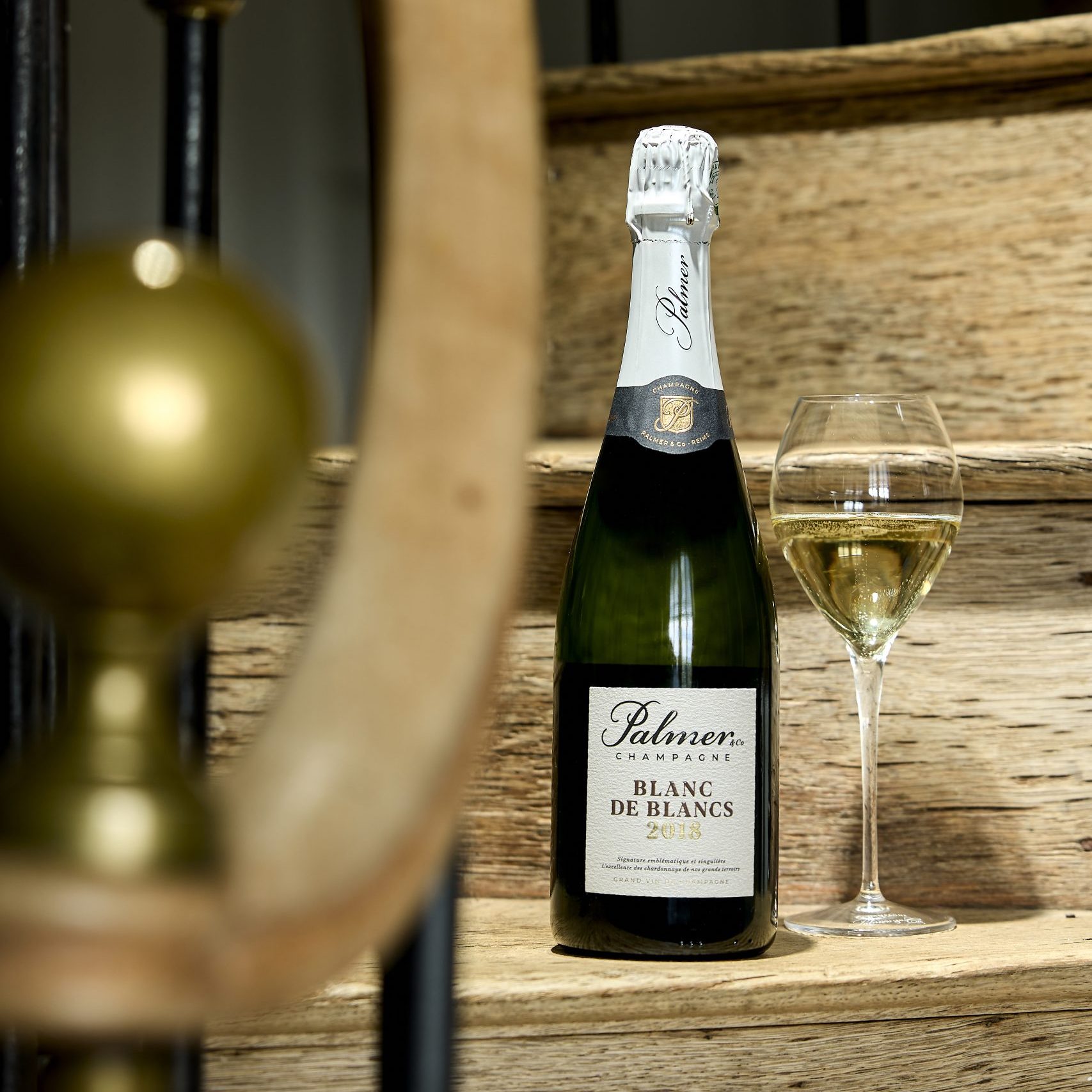New AI-backed tech opens till-free booze sales to retailers
A retail app is using AI to open up retail alcohol sales to retailers, by incorporating age-verification and facial recognition features that allow customers to scan alcohol as they shop.
According to mobile tech comany Ubamarket, the new facial age verification feature on its till-less retail app allows customers to scan alcohol and other age-restricted products as they shop, and then use facial recognition to pre-approve them when they check out. It means customers don’t have to go to the till and carry out a check with a cashier or security assistant, the company confirmed.
The tech’s learning feature means that customers who regularly shop for particular brands or types of alcohol will also begin to receive personalised discounts and offers on these products as the AI observes their shopping habits.
Other features include a supermarket sat-nav that guides customers to products they have saved on their personal shopping list, automatic loyalty points, dietary and allergen alerts on products, and an ‘environmentally conscious’ shopping’ feature, which provides informatin on which packaging in the shopping basket can be recycled and which can’t, as well as summarising the environmental footprint of the overall shop at checkout.
The previous iteration of the app is currently being used in SPAR, Londis and Warner’s Budgens stores across the UK and Ireland, with the new generation set to launch in some of The Co-Op’s stores next month.
Ubamarket claims the previous iteration of the app has seen a 92% adoption and re-use rate amongst customers, with an average increase of purchases in-store by 21% across the board.
Partner Content
Ubamarket’s CEO Will Broome said 2019 had been an “unbelievably” tough year for the retail industry, but argued that the pessimistic view taken by many that the high street was dying was “simply not true.”
“In my view, it all comes back to the experience. If the physical store does not offer an attractive experience and compelling money-saving opportunities, the custoemrs can fall back on e-commerce,” he said.
He added that research showed a huge portion of consumers were receptive to mobile technology already, and this would only grow.




